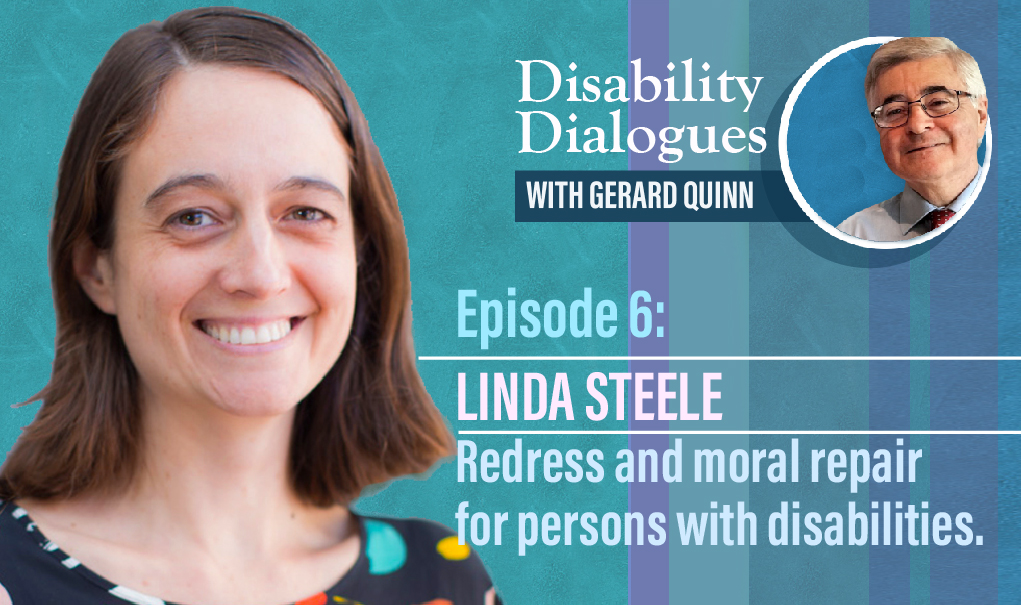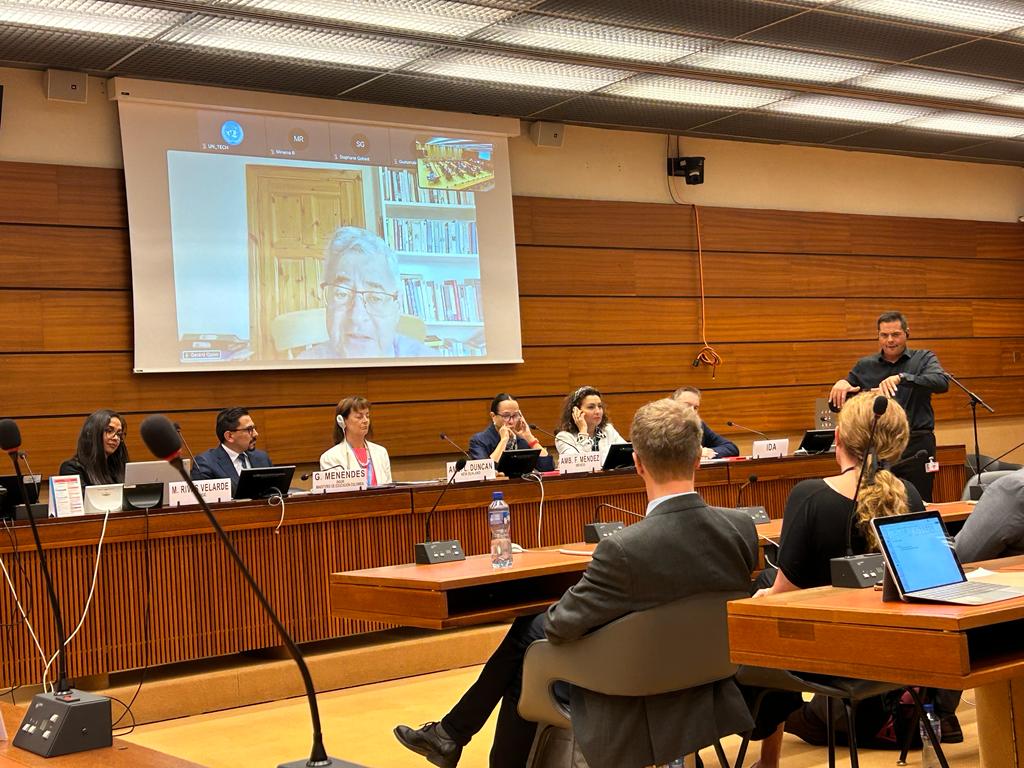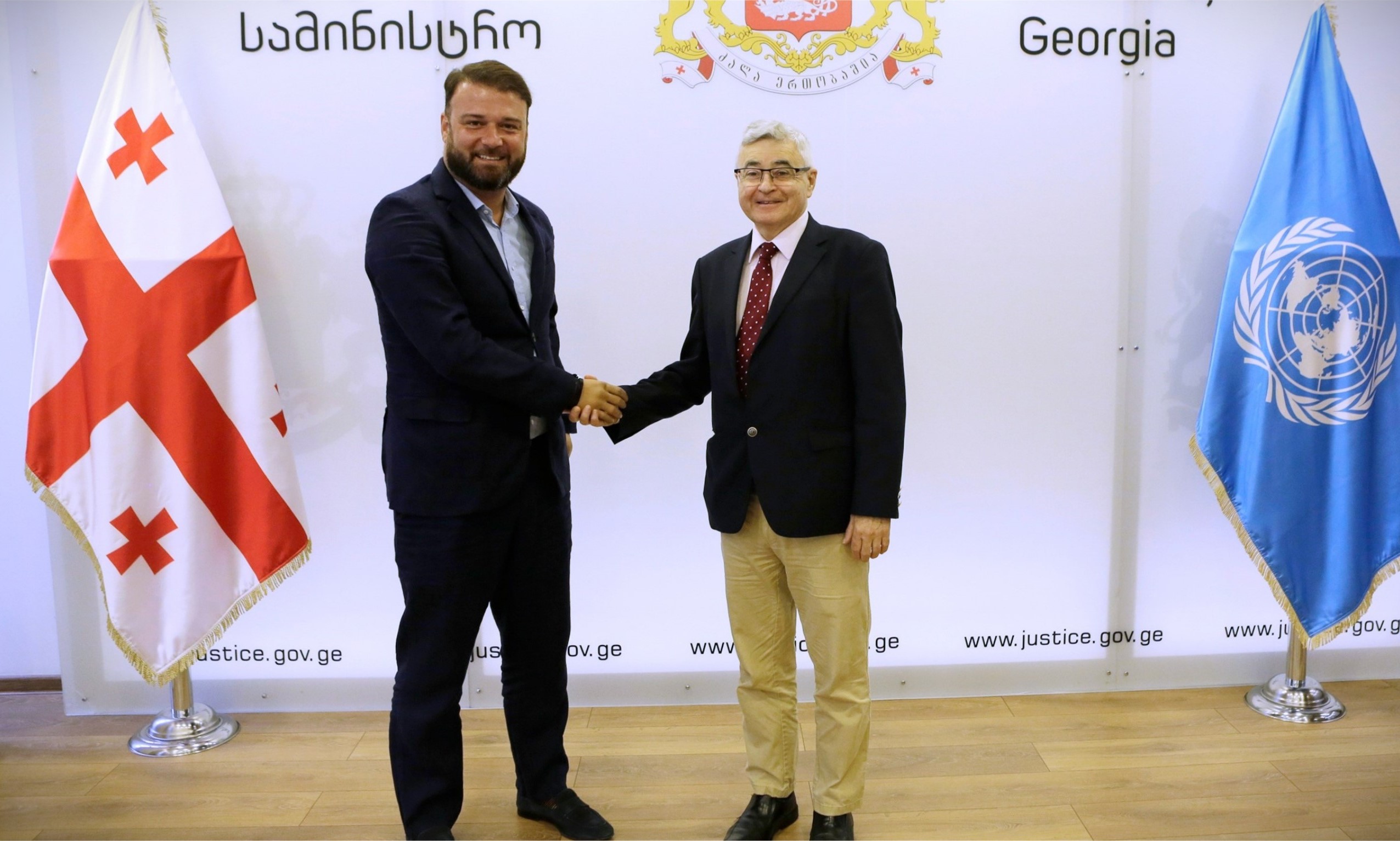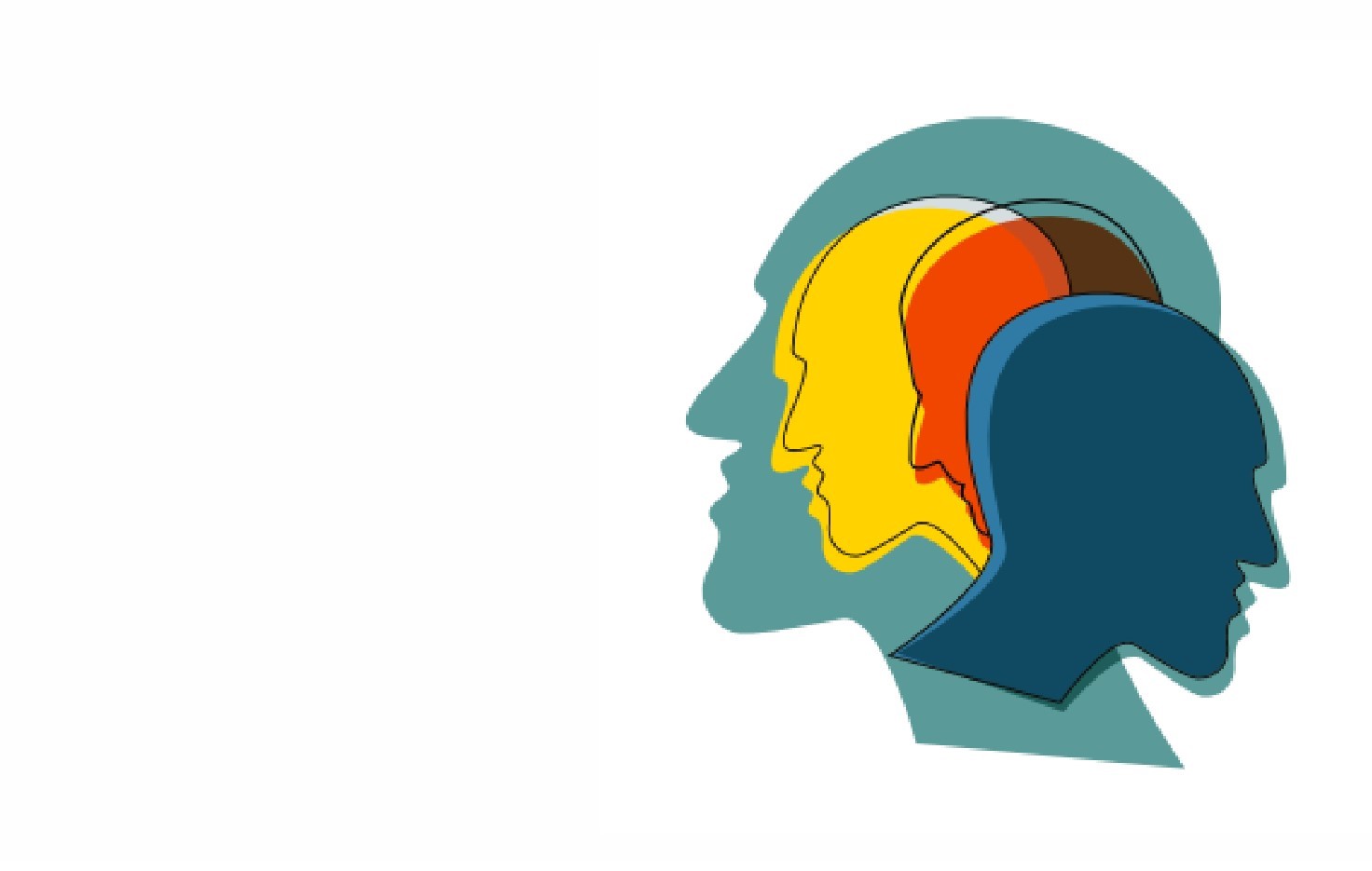Closing remarks by Gerard Quinn at the regional conference "Transition towards Independent Living within the Community For Persons with Disabilities", hosted on February 14-15, 2023, by UNESCWA, with the support of the Government of Malta and Ford Foundation.
Over these two days I found my mind wandering back on the Valetta Declaration and process. We inserted a line into the Valetta Declaration focusing on research and knowledge - but not for its own sake. We focused on knowledge to aid the process of change, to inform and influence policy.
This is an idea that finds deep roots in our shared history and cultures. When the library in Alexandria attracted the best scholars of the world, they all changed their fields. When the EU funds PhD networks, the scholars that emerge become leaders in their fields.
What we saw in the last two days was a wealth of imagination and creativity worthy of the best traditions of our past.
At the end of the day, we don't want our countries to mechanically implement the UN disability treaty just because it is a treaty. We want them to internalize its core message, to own it for themselves and to work out their own solutions. To do this they need policy imagination - and thats precisely where our young researchers come it.
Of course, change involves more than knowledge. Knowledge alone will not necessarily lead to change. I think all our researchers understand this and see the complexity of change. They all showed the necessary 'situation sense' to make the best of their knowledge in the service of change. I would encourage them to circulate in and out of Government.
Who gains - we all gain.
But Governments gain especially. Sometimes one gets the impression that things remain the same because of narrow assumptions about the art of the possible. It your job - the job of young researchers - to show that the way things are is not necessarily the way they can and should be.
This is important because we now have huge opportunities for change.
Let me state three obvious opportunities for change implicit in the last two days.
First, the mid-20th century welfare state is in transition. We can harness this or we can let it pass us by. We need your imagination to get the best from this transition to free up lives and personalize services and make independent living a reality. I think the last to days shows this imaginative capacity exists in abundance. I really liked the link drawn between independent living and economic empowerment over the last two days. Getting a life means more than getting a home. Having a home of one's own is the beginning.
By the way, one thing we did not get to - but which is crucial - is the role of family. But thats for another day. Its important to emphasize that the UN CRPD Committee frames a lack of family support as a violation of the CRPD. But hat begs the question - what is the right balance between formal and informal support. I suspect that debate has just begun and we need your voices.
Secondly, technology is making change possible when it was considered impossible in the past. We need you to point the way and avoid some pitfalls. I think the last two days showed a great sensitivity to this - which is the future. Independent living and community engagement could be a big winner. Lets not get left behind in the next Industrial Revolution.
Third, the 21st century is marked by many transitions and disasters. Humanity and humanitarian aid should always trump politics. Both intervention and recovery have to be inclusive. You can just imagine how natural and man-made disasters can send us backwards.
We owe it to our brothers and sisters caught up in these disasters to insist in immediate and effective humanitarian relief. The UN CRPD is unusual in that has a specific article on disasters and emergencies - we now have a test in Turkey and Syria to make it real. And the CRPD is unusual in that it has a specific article on inclusive development cooperation and assistance. These two articles - emergencies and inclusive development assistance - need to work together.
And the last two days has shown that knowledge is now becoming democratized. As Anne-Marie Callus illustrated, persons with disabilities are their own researchers. This is not only only morally right - it also makes for more relevant and efficient policy making. We saw this visibly in action over the past two days. We all gain.
An eminent politician once wrote that this generation is lost and uninterested in making a contribution. That was Cicero. He was wrong 2000 years ago and he is wrong today. You are our future and we trust you and we rely on you.
I hope and expect we have helped start a process of dialogue across and between regions. I hope and expect that these inter-regional research relationships will grow and have a tangible effect in policy.
I thank UN ESCWA, the Government of Malta and the Ford Foundation for trusting you. I want to particularly thank those who helped screen the research especially my highly esteemed colleague Prof Arlene Kanter of Syracuse University.
I know that trust is well placed and I look forward to highly impactful research exchanges and impact into the future.





